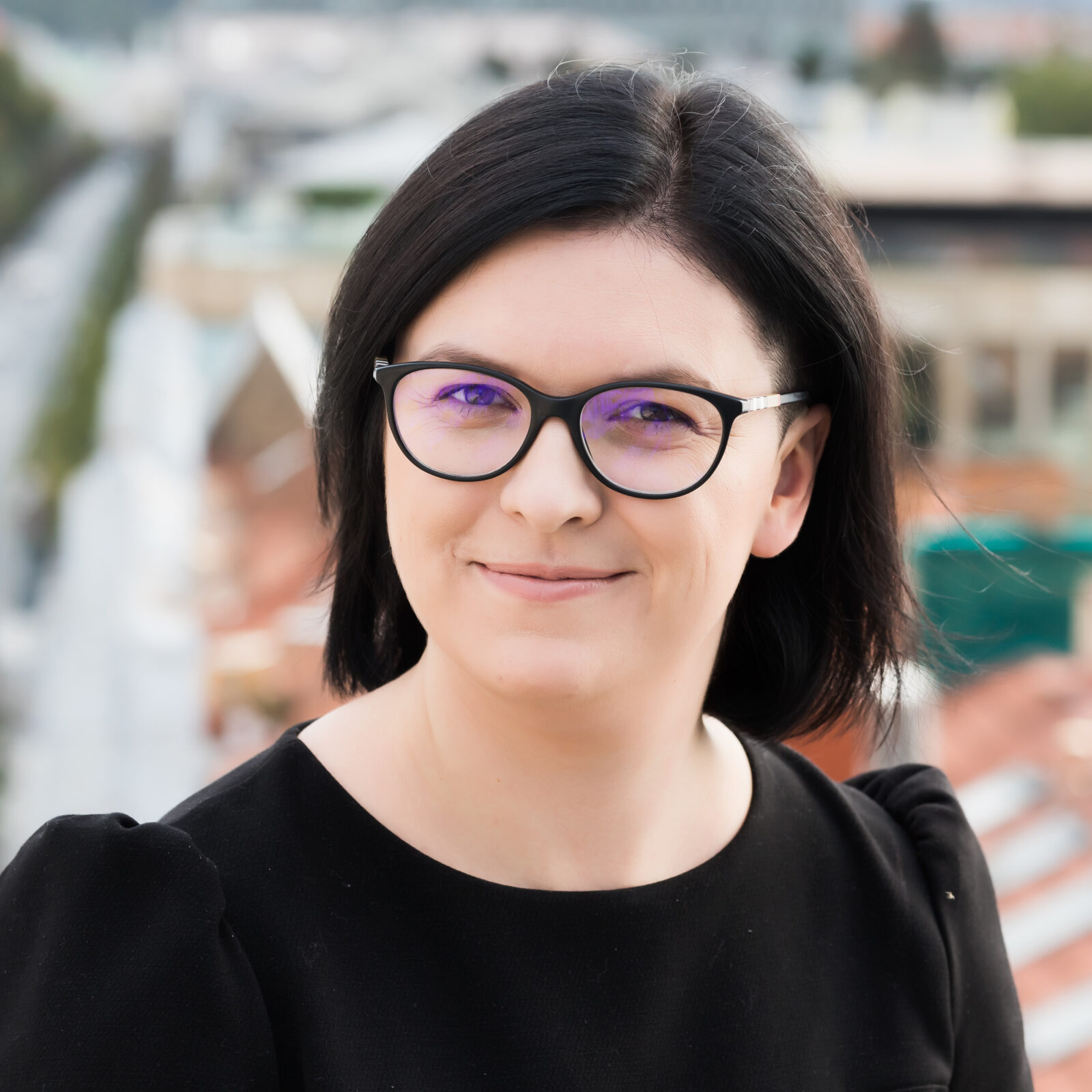news
Seminar: Irma Budginaite-Mackine – Who deserves to belong amidst the recent unsettling events?
Link to online seminar below
Title:
Who deserves to belong amidst the recent unsettling events?
Exploring migrants’ perspectives on the debate of deservingness and belonging in the ‘Brexit Britain’ and representations of migrants in the public discourse in the context of Covid-19 pandemic
Abstract:
Lithuania’s accession to the EU in 2004 granted the freedom of movement to Lithuanian citizens. While fears of mass migration and ‘welfare tourism’ encouraged most of the EU member states (at the time) initially to apply transitional rules, some immediately opened their labour markets. As a result, the UK and Ireland emerged as the most attractive post-accession EU destinations to Lithuanian nationals as well as to nationals from other Central and Eastern European (CEE) countries. The assumed cultural proximity of CEE migrants has been initially seen as an advantage in integration (Favell & Neve 2009) and their ‘whiteness’ often rendered them as ‘invisible’ within the host societies compared to other migrant groups. About a decade later the changing political context and strong anti-EU-migration rhetoric during the Brexit campaign (re-)opened debates on who has a right to live and work in the UK. It was particularly directed towards the (economic) migrants from the CEE. Being a significantly smaller group in numbers in the UK in comparison to, for example, Poles or Romanians, Lithuanians were relatively less likely to end up in the limelight in the public discourse. Nevertheless, this did not exempt them from being racialized as ‘Eastern Europeans’ and the need to prove their ‘deservingness’ to belong in the UK (Blachnicka-Ciacek, Trabka, Budginaite-Mackine, Parutis & Pustulka, 2021). In the first part of the session, I will share insights from the longitudinal qualitative study (involving 36 Lithuanians under 35 years old who lived in the UK) carried out as part of an international mixed-methods project CEEYouth (2018-2021) to shed light on the migrants’ perspectives on the debate of deservingness and belonging, responding to ‘discrediting’ anti-migrant rhetoric and negotiating hostile environment over time in the ‘Brexit Britain’.
Other recent unsettling developments such as Covid-19 pandemic may also have an effect on the conceptualization of migration phenomena and change the depictions of migration experiences in both host countries and countries of origin. As research in other countries shows, it may foster the ‘discourse of fear’ and induce negative attitudes towards mobile people in general due to the risk of spread of virus. In the Lithuanian case, the EU-Belarus border crisis unravelling since summer 2021 problematizes this topic further, shifting the media attention from (e)migration from to (im)migration to Lithuania in the public discourse in the recent months. Drawing from the initial thematic media content analysis and qualitative migration discourse analysis carried out as part of the on-going postdoctoral research project (2021-2023), in the second part of this session I will share initial insights about emerging thematic trends, the continuity and change in the representations of migrants in the context of Covid-19 pandemic and the ongoing processes of othering in the media discourse in Lithuania.
Bio: Dr. Irma Budginaite-Mackine is Assistant Professor in Sociology at Vilnius University. Drawing on qualitative and quantitative research, her recent work explores the experiences of young Lithuanians and Poles in the Brexit Britain, intergenerational relations and filial obligations in the migration context and portrayal of migrants in the public discourse in Lithuania in the context of unsettling events. Irma is actively involved in various international academic and policy-oriented research associations and networks; she currently co-coordinates the study circle “Racialization, Whiteness and Politics of Othering in Contemporary Europe”, exploring how and to what effects racialization and whiteness shape Nordic, Baltic and European spaces, identities and politics.
_____________________________
More information | Help | Meeting options
____________________________
